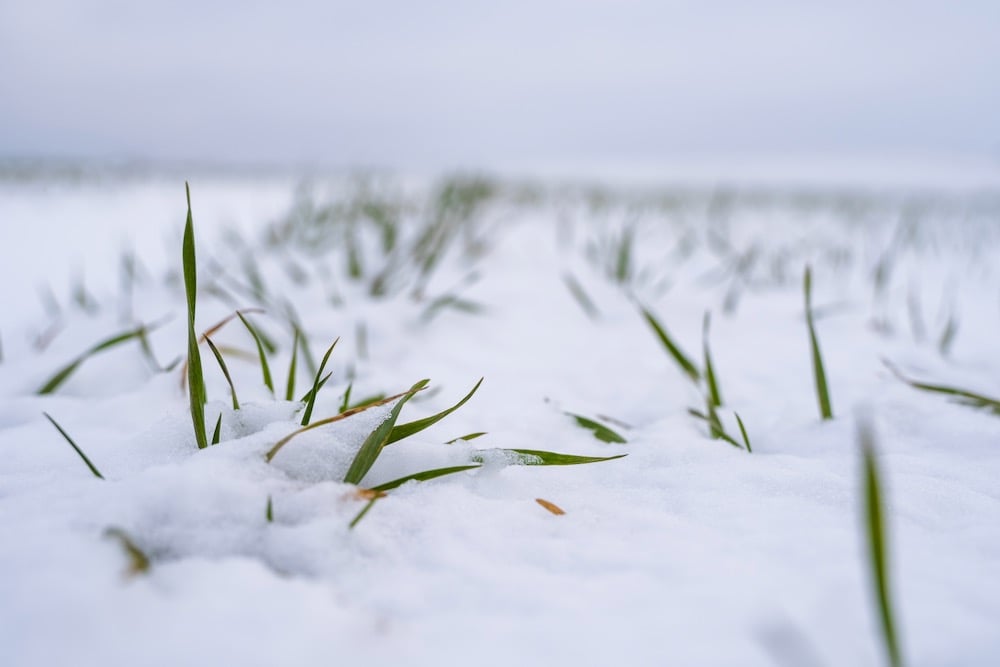Russia’s chief forecaster says mild weather helps winter crops survive

Moscow | Reuters — A mild winter with record warm temperatures in many agricultural regions of Russia, viewed by scientists as a sign of climate change, is helping winter crops to survive, state weather agency chief Roman Vilfand said on Wednesday.
The current lack of snow across many of those areas is helping to prevent winter kill of crops due to excessive moisture and lack of air circulation, Vilfand told an agriculture conference in Moscow.
He said warmer weather would bring spring sowing campaign forward by about five to seven days across Russia this year, beginning in Crimea in the first 10 days of March and then continuing in other major southern breadbasket regions.
Read Also


Trump’s commerce nominee says tariffs not inflationary, wants Canada dairy access
U.S. President Donald Trump’s nominee to run the Commerce Department, Howard Lutnick, said on Wednesday that he will work to increase access to Canada’s dairy market for American farmers and denied that tariffs are inflationary.
Russian winter crops have been affected by a lack of soil moisture right after the sowing campaign, following droughts in the summer. The weather agency estimated that the share of winter crops in poor condition was at a record high of 38 per cent.
“Surprisingly, the past two winter months generally indicate that winter is actually helping winter crops to get through this period normally,” Vilfand said.
Many Russian regions experienced an unusually warm winter this year, with hardly any snow cover across European Russia in January, and temperatures in Moscow on Jan. 27 breaking a record high set in 1914.
Russian Agriculture Minister Oksana Lut earlier said that 82 per cent of winter crops were in good and satisfactory condition, far above the weather agency’s number due to differences in methodology and timing of data collection.
The Russian grain harvest fell to about 130 million metric tons in 2024 from 148 million tons the previous year due to extreme weather, ranging from early spring frosts that damaged plants in an active phase of vegetation, to droughts and heavy rains.
Vilfand said that while high temperatures during the sowing campaign in September hit the winter crops, now climate change appeared to be working in their favour.
The expected early melting of snow at the start of spring would help the soil to warm up and plants to grow faster, although the risk of spring frosts or lack of rain could outweigh the benefits of a mild winter, he said.
— Reporting by Olga Popova
Source: Farmtario.com

